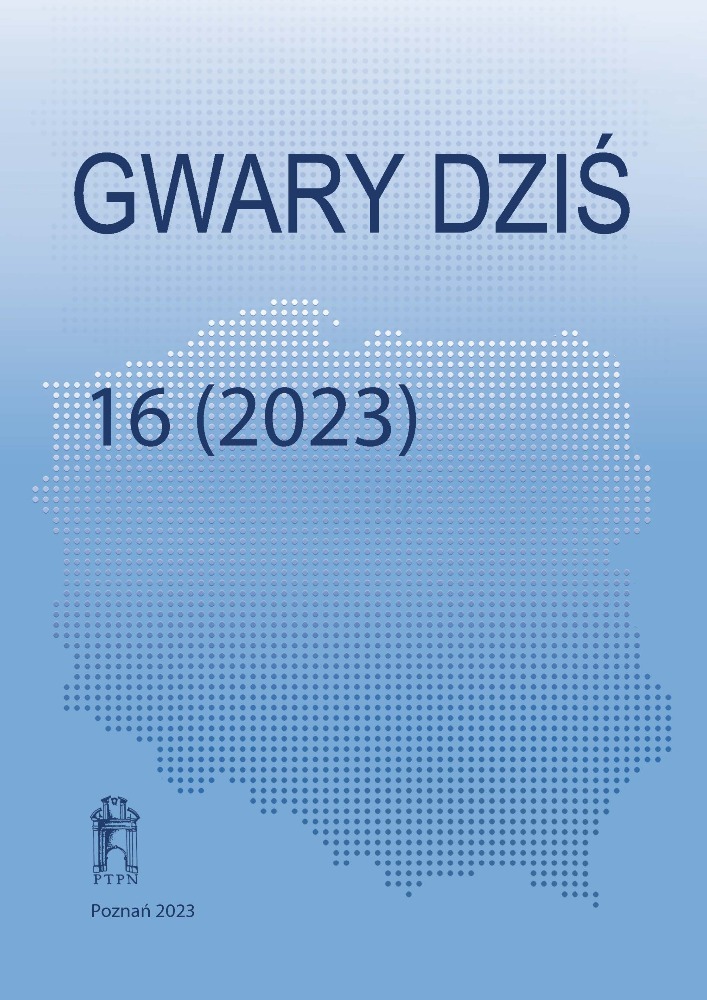Słowniki gwarowe z obszaru tzw. osadnictwa głuchoniemieckiego jako źródło do badań germanizmów leksykalnych
Dialectical dictionaries from the area of “Deaf German” settlement as a source for a study of lexical Germanisms
Author(s): Halina KaraśSubject(s): Lexis, Western Slavic Languages
Published by: Uniwersytet Adama Mickiewicza
Keywords: “Deaf German” (germ. (niem. Taubdeutsche; Walddeutsche); German borrowings; dialects of southern Lesser Poland; dialectal dictionaries;
Summary/Abstract: The aim of the article is to present dialectal dictionaries from the area of the “Deaf German” settlement (Carpathian Foothills) as sources for a study of lexical Germanisms. The term “Deaf Germans” (German Taubdeutsche, Walddeutsche) refers to the descendants of German settlers from the period of medieval colonization in the Carpathian Foothills. It covers the area between Tarnów and the vicinity of Łańcut, with several islands of this settlement identified around Tarnów, Biecz and Gorlice, Krosno, Rzeszów and Łańcut. The analysis covers 20 dictionaries and word collections of the past (from the late 19th and early 20th centuries) and contemporary (the late 20th and early 21st centuries), also differen- tiated geographically, volume-wise and lexicographically (by the method of elaboration). They are a valu- able source for a study of lexical borrowings used in dialects in this area, confirming their formal (phonetic and morphological) and semantic diversity. A significant part of the set of Germanisms are rare words, limited only to dialects of south-eastern Lesser Poland.
Journal: Gwary Dziś
- Issue Year: 16/2023
- Issue No: 1
- Page Range: 83-97
- Page Count: 15
- Language: Polish

